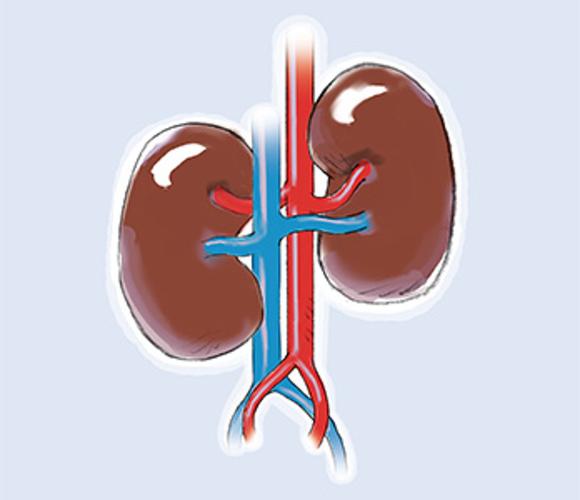The Magic Diet Myth
There are countless diets that promise quick and effortless weight loss. However, most of these so-called “magic diets” are simply not sustainable. For example, the cabbage soup diet or the lemon detox diet may lead to short-term weight loss, but it’s often due to water loss and not fat loss. In the long run, these extreme diets can be harmful to your health and lead to nutrient deficiencies.
Fad Diets and False Promises
Fad diets come and go, each claiming to be the ultimate solution to weight loss and better health. But many of these diets are based on false promises. The paleo diet, for instance, claims that eating like our ancestors will lead to better health. While there may be some benefits to eating whole foods, completely eliminating entire food groups can be restrictive and may not be suitable for everyone.
The Truth About Supplements
The supplement industry is booming, with products claiming to boost metabolism, burn fat, and improve overall health. However, not all supplements are created equal. Many supplements lack scientific evidence to support their claims, and some can even be harmful. It’s important to be cautious when taking supplements and consult with a healthcare professional before adding them to your diet.
Carbohydrates: Friend or Foe?
There is a lot of confusion around carbohydrates. Some diets demonize carbs, while others claim they are essential for energy. The truth is, carbohydrates are an important part of a balanced diet. However, it’s important to choose the right types of carbs. Whole grains, fruits, and vegetables are rich in nutrients and fiber, while refined carbs like white bread and sugary snacks can lead to weight gain and health problems.
Protein Power or Overkill?
Protein is often touted as the key to building muscle and losing weight. While protein is important for maintaining muscle mass and satiety, too much protein can be harmful. High-protein diets can put a strain on the kidneys and may lead to other health issues. It’s important to find a balance and include a variety of protein sources in your diet.
Balanced Nutrition: The Key to Health
In the end, the key to good health and sustainable weight loss is balanced nutrition. This means eating a variety of whole foods from all food groups in moderation. Include plenty of fruits, vegetables, whole grains, lean proteins, and healthy fats in your diet. Avoid processed foods, sugary drinks, and excessive amounts of salt and saturated fats. By making smart food choices and maintaining a healthy lifestyle, you can achieve long-term health and well-being.




